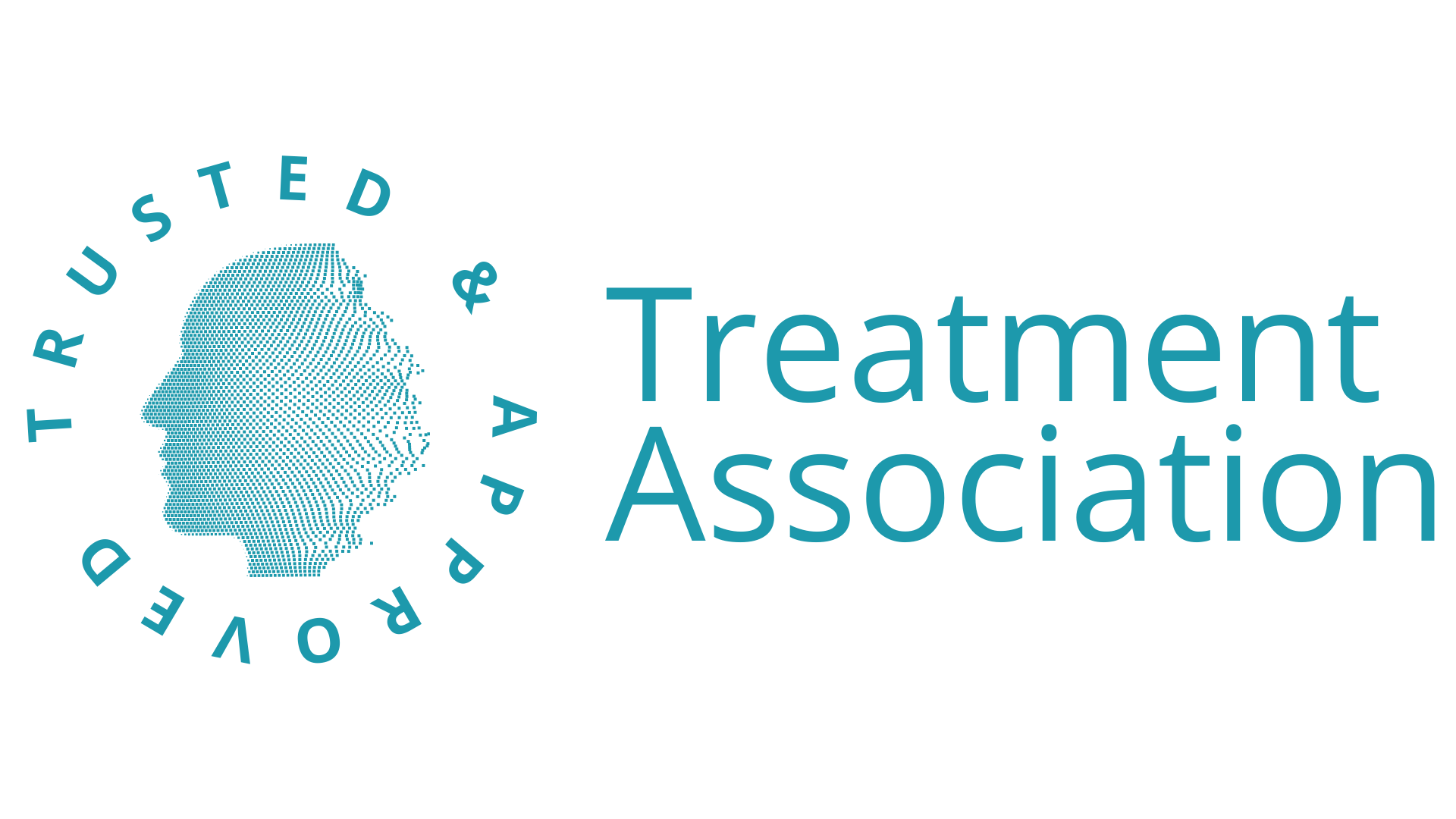Outpatient addiction treatment is a type of care that allows individuals to receive addiction treatment while maintaining their daily lives. It can be an effective option for those seeking addiction treatment, as it offers many benefits compared to inpatient treatment. In this blog, we will discuss the differences between inpatient and outpatient addiction treatment, highlight the benefits of outpatient treatment, discuss the various types of outpatient treatment, and provide tips for individuals considering outpatient treatment.
Differences between inpatient and outpatient addiction treatment
Inpatient addiction treatment, also known as residential treatment, requires individuals to live at the treatment facility for a certain period of time. This type of treatment is typically more intensive and provides 24/7 support and care. In contrast, outpatient treatment allows individuals to live at home and attend treatment sessions during the day or evening.
One of the main differences between inpatient and outpatient treatment is the level of care provided. Inpatient treatment offers a higher level of care, as individuals have access to medical and mental health professionals around the clock. Outpatient treatment, on the other hand, typically offers less intensive care, but still provides individuals with access to a range of therapeutic services and support.
Benefits of outpatient treatment
There are many benefits to outpatient addiction treatment, including:
- Flexibility: Outpatient treatment offers greater flexibility than inpatient treatment, as individuals are able to attend treatment sessions while still maintaining their daily routines. This can be especially beneficial for those who have work or family commitments.
- Affordability: Outpatient treatment is often less expensive than inpatient treatment, as individuals do not have to pay for room and board or 24/7 care.
- Continued support: Outpatient treatment offers ongoing support and care after an individual has completed an inpatient program. This can help individuals maintain their recovery and prevent relapse.
- Privacy: Outpatient treatment allows individuals to receive addiction treatment while still maintaining their privacy. This can be especially important for individuals who are concerned about the stigma associated with addiction.
Types of outpatient treatment
There are several types of outpatient addiction treatment programs, including:
- Intensive outpatient programs (IOPs): IOPs offer a high level of care and support, typically consisting of multiple therapy sessions per week. These programs can be especially beneficial for individuals with a more severe addiction or co-occurring mental health disorders.
- Partial hospitalization programs (PHPs): PHPs provide individuals with access to medical and mental health professionals, as well as a range of therapeutic services, while still allowing them to live at home. These programs are typically more intensive than traditional outpatient programs.
- Outpatient counseling: Outpatient counseling allows individuals to attend therapy sessions on a regular basis while still maintaining their daily routine. This type of treatment is often used as a step-down from more intensive forms of treatment.
Tips for individuals considering outpatient treatment
If you are considering outpatient addiction treatment, it is important to have a supportive network in place. This can include friends, family members, or a support group. It is also important to have a plan in place for how to manage triggers and cravings, as these can be especially challenging to navigate during outpatient treatment.
Another important consideration is to ensure that the outpatient treatment program you choose is the right fit for you. This may involve researching different programs, talking to treatment professionals, and asking for recommendations from others who have gone through similar experiences.
It is also important to have realistic expectations for outpatient treatment. While outpatient treatment can be highly effective, it may not be the right fit for everyone. It is important to be open and honest with your treatment team about your needs and goals, and to be willing to make changes as needed to support your recovery.
Lastly, it is important to prioritize self-care during outpatient treatment. This can include getting enough sleep, eating a healthy diet, and engaging in regular exercise. Taking care of your physical and emotional well-being can help support your recovery and reduce the risk of relapse.
In summary, outpatient addiction treatment offers many benefits for individuals seeking addiction treatment, including flexibility, affordability, continued support, and privacy. There are several types of outpatient treatment programs, including intensive outpatient programs, partial hospitalization programs, and outpatient counseling. When considering outpatient treatment, it is important to have a supportive network in place, choose the right program for your needs, have realistic expectations, and prioritize self-care. With the right support and resources, outpatient addiction treatment can be a highly effective option for achieving lasting recovery.






